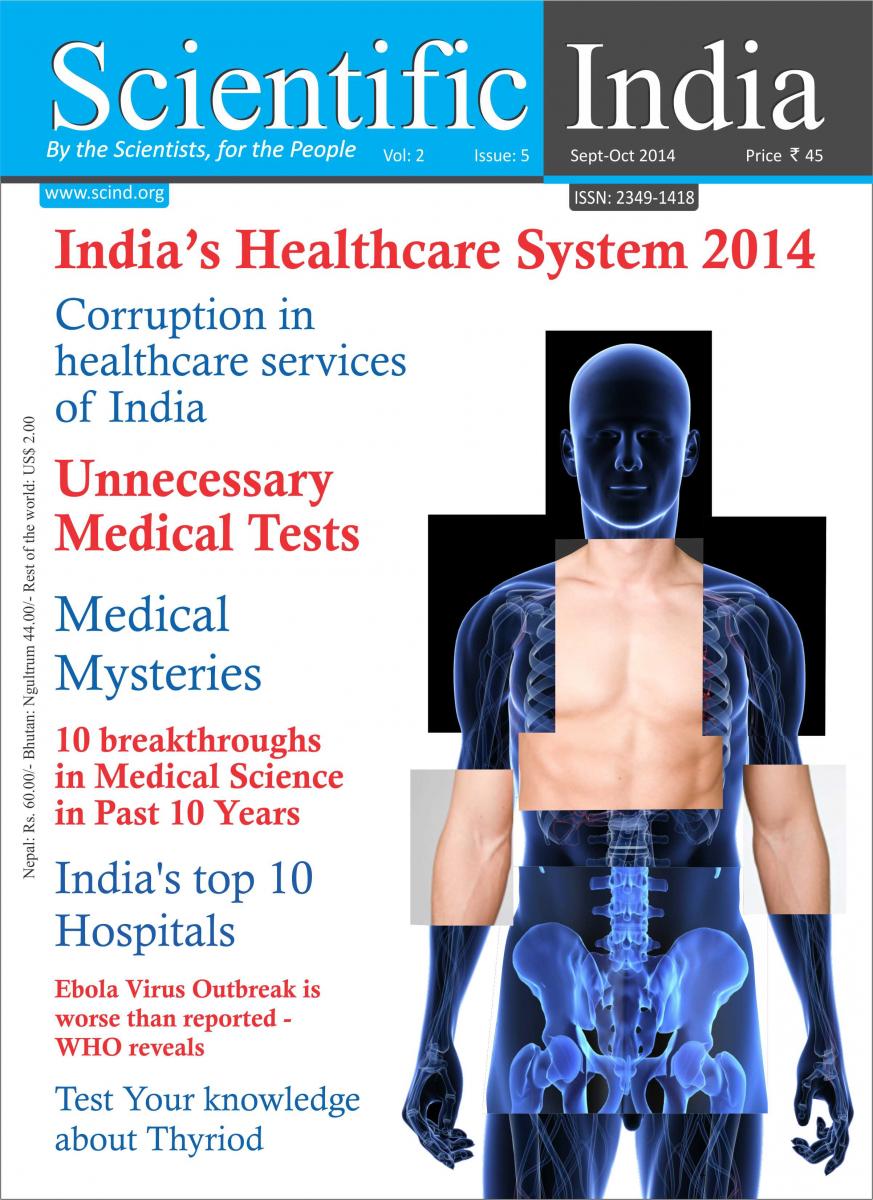Probiotics in Functional food: A Noble Approach as Biotherapeutic

ICAR- Central Institute of Agricultural Engineering Nabi Bagh, Berasia Road, Bhopal, M.P-462038
The proficiency of probiotics to survive the gastric transit to the low pH value of the stomach characterizes one of the key features linked to their efficacy. During past decades, the beneficial effect of specific strains in several intestinal disorders has been verified by clinical trials. Increasing evidence, including human studies, is also supporting the immunomodulatory and other role attributed by probiotic strains. Postbiotics are functional bioactive compounds, generated in a matrix during fermentation, which may be used to promote health.Postbiotics can include many different constituents including metabolites, short-chain fatty acids (SCFAs), microbial cell fractions, functional proteins, extracellular polysaccharides (EPS), cell lysates, teichoic acid, peptidoglycan-derived muropeptides and pili-type structures. Several current researches indicates that postbiotics can have direct immunomodulatory and clinically relevant effects and evidence can be found for the use of postbiotics in healthy individuals to improve overall health and to relief symptoms in a range of diseases. Postbiotics may contribute to the improvement of host health, even though the exact mechanisms have not been fully clarified. In addition to mechanism of action focused preclinical and in vitro studies, well-designed randomized placebo-controlled intervention studies are needed to demonstrate health effects of postbiotics.
Keywords: probiotics; Functional Food
